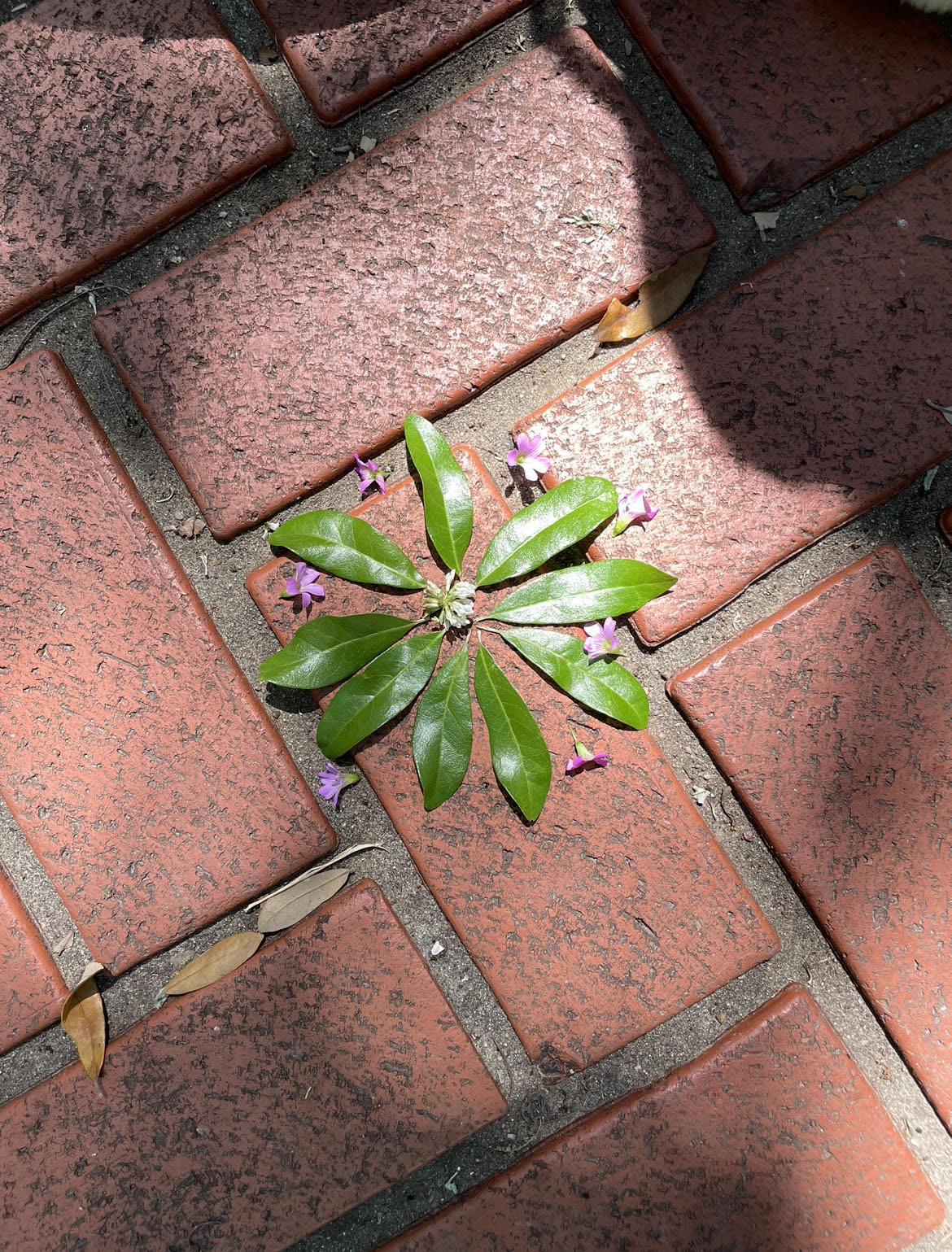Solar Eclipse
Total Solar Eclipse – April 8th, 2024
By: Yazzie Stein and Federico Sanchez
What?
Solar eclipses occur when the Moon passes between the Sun and the Earth, casting its shadow on the Earth's surface. This celestial event can only happen during a new moon when the three celestial bodies align in a straight line. There are three solar eclipses: total, partial, and annular. During a total solar eclipse, the Sun is completely obscured by the Moon, creating a brief period of darkness known as totality. In a partial solar eclipse, only a portion of the Sun is covered by the Moon, resulting in a crescent-shaped Sun. Solar eclipses are phenomena that captivate observers worldwide, offering a rare glimpse into the dynamics of our solar system.
About:
On April 8th, 2024, a total solar eclipse will occur, crossing over the United States, Mexico, and Canada. Total solar eclipses occur about once every 18 months but only pass over certain parts of the world. A total solar eclipse transpires when the Moon passes between the Sun and the Earth—at a specific point during that transition, the Moon entirely covers the Sun, and blocks that light from reaching parts of Earth. As a result, the sky darkens no matter the time of day.
Here on NASA’s website is an immersive visual of the eclipse from different angles and perspectives in space.
Where/When:
The start of the eclipse will be at 12:20 PM, and end at 3:01 PM. The closest it will be to totality will be at 1:40 PM. To experience the total eclipse, consider doing a short trip to San Antonio or Dallas, where you can experience the total solar eclipse. Check out this interactive page by NASA, to see specific information about any location, and the starts and ends of the eclipse!
Safety:
An important note regarding the total solar eclipse is to never look directly at the sun without special eye protection specifically for eclipse viewing, such as these solar eclipse glasses. This is because looking directly into the eclipse can cause long-lasting retinal burns (solar retinopathy).



Comments
Post a Comment